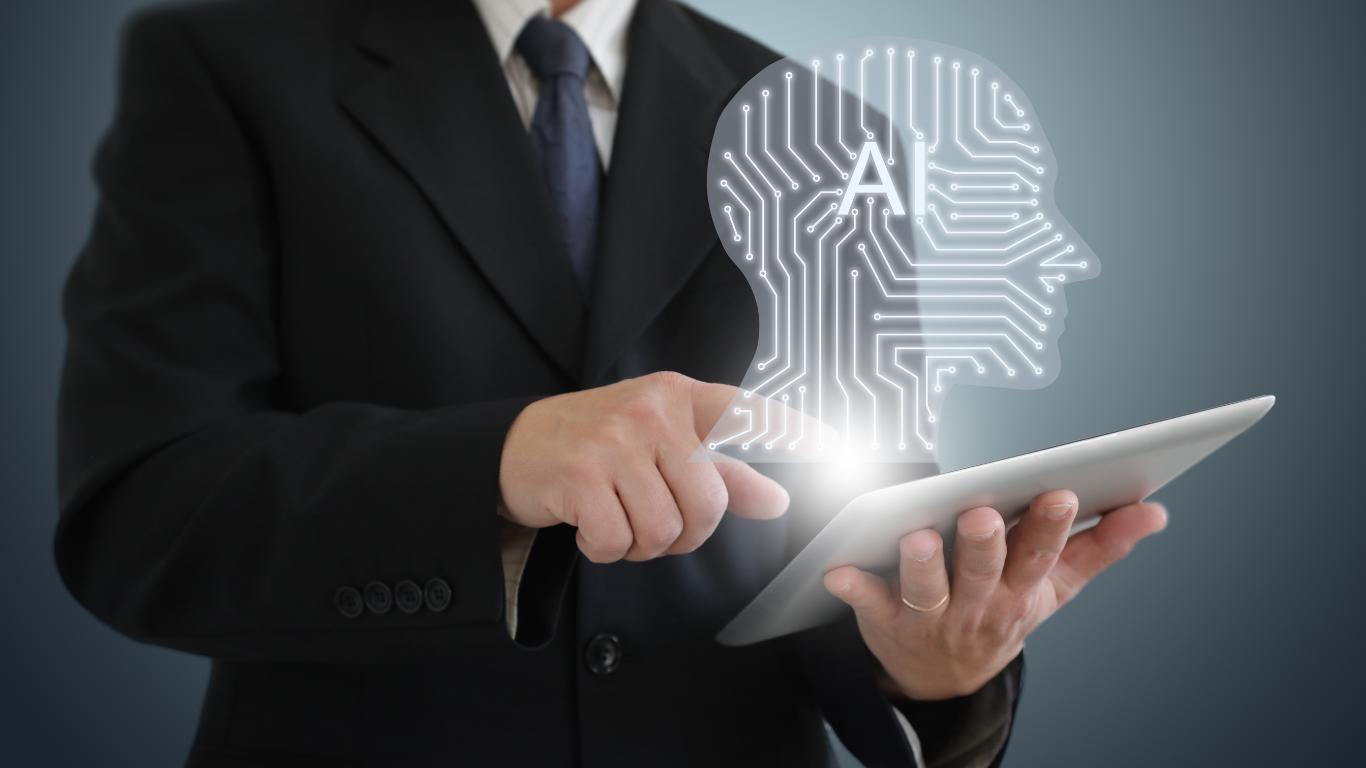The software development landscape is undergoing a significant transformation. With the rise of AI-powered coding assistants like GitHub Copilot, Amazon CodeWhisperer, and several emerging AI pair programmers, the way developers write code, debug, and even design systems is evolving. But as these tools become more capable, an important question emerges: Are developers now becoming AI supervisors rather than traditional coders?
The Rise of the AI Coding Assistant
AI coding assistants are designed to enhance developer productivity by suggesting code snippets, completing functions, writing tests, and even explaining complex logic. Tools like GitHub Copilot, powered by OpenAI, use vast datasets of code and natural language to predict what a developer might write next—offering autocomplete suggestions that often feel eerily intuitive.
Amazon CodeWhisperer goes a step further by tailoring suggestions to AWS services and enterprise-specific code bases. These tools reduce repetitive work, speed up onboarding, and help teams focus on higher-level architectural decisions.
From Code Writers to Code Curators
As AI handles more of the “boilerplate” and repetitive tasks, developers are shifting into a new role—that of supervisors or curators. Instead of writing every line of code manually, developers now review, refine, and validate AI-generated suggestions. This oversight requires a deep understanding of logic, performance, and security—ensuring the AI’s output aligns with best practices and business goals.
In essence, developers are becoming quality control leads for their AI assistants. They’re still solving problems—but in a more strategic, high-level way.
Benefits of This Shift
- Increased Productivity: Developers can move faster by offloading routine tasks.
- Fewer Context Switches: Suggestions appear inline, reducing the need to switch tabs or dig through documentation.
- Faster Learning Curve: Junior developers can understand unfamiliar code patterns and APIs more quickly with AI guidance.
New Challenges for Developers
However, this shift also introduces new challenges:
- Over-Reliance on AI: Blindly trusting suggestions can lead to performance or security issues.
- Maintaining Code Quality: Developers must still write clean, maintainable, and well-documented code—especially when AI generates inconsistencies.
- Ethical and Licensing Concerns: Some AI-generated code may replicate patterns from open-source projects, raising questions around licensing and IP.
Conclusion: The Developer's Role is Evolving
In 2025, developers are no longer just code producers—they're AI supervisors, decision-makers, and architects of complex systems. While AI coding assistants are powerful, they don’t replace human judgment, creativity, or contextual understanding. Instead, they amplify human potential—allowing developers to do more with less, and focus on what truly matters: solving meaningful problems.
As the tools improve, developers who embrace this shift and hone their supervisory skills will be at the forefront of the next era in software engineering.
